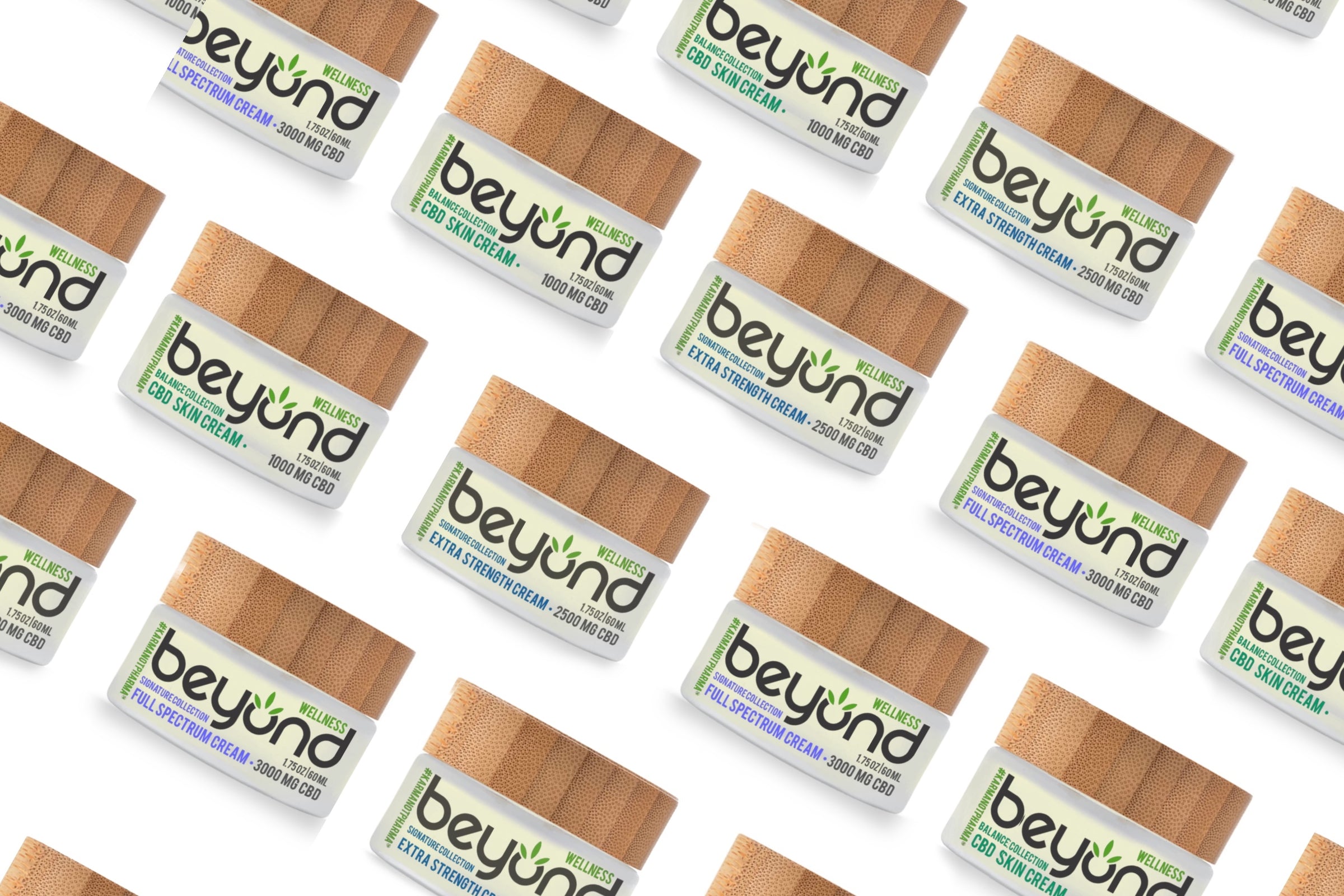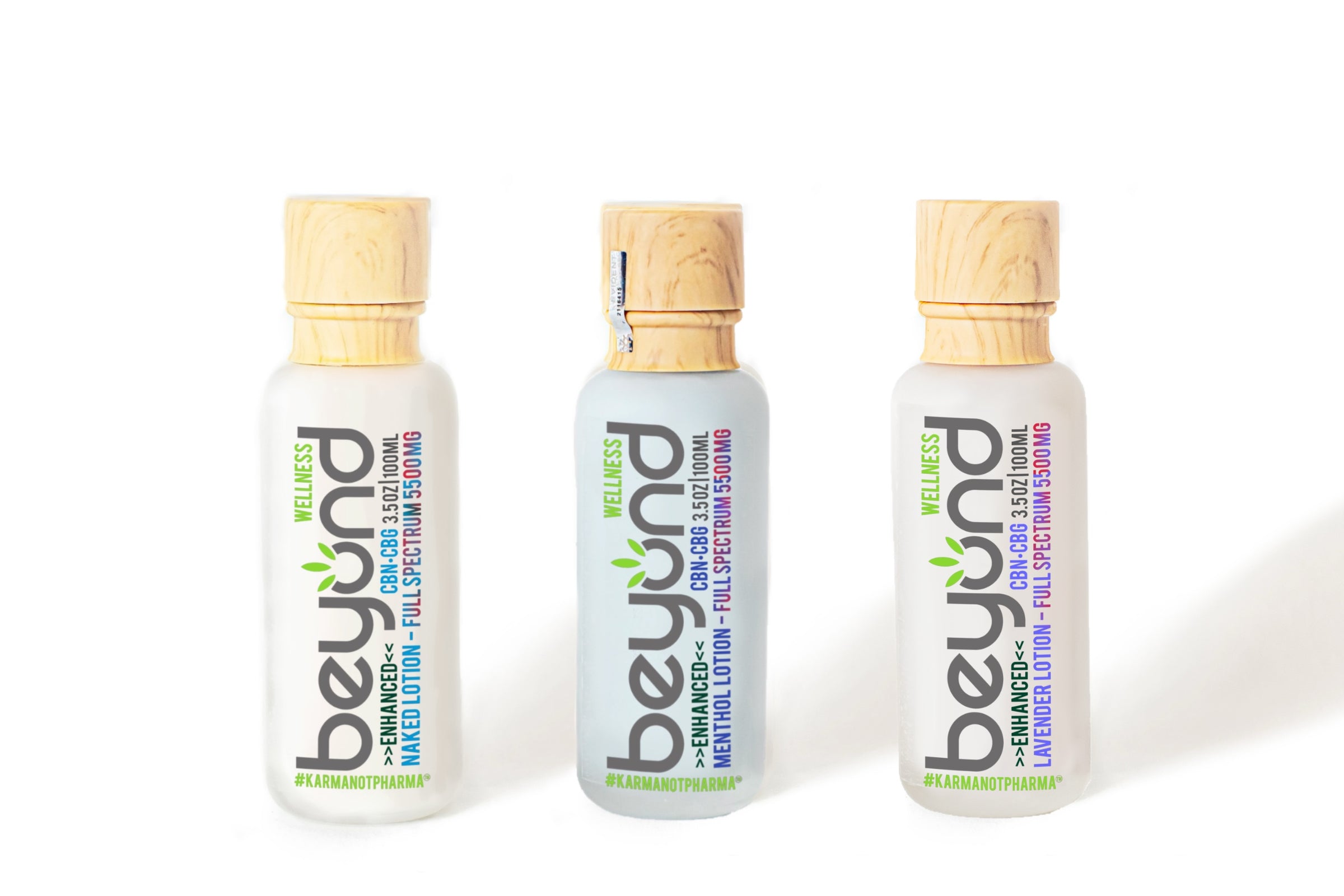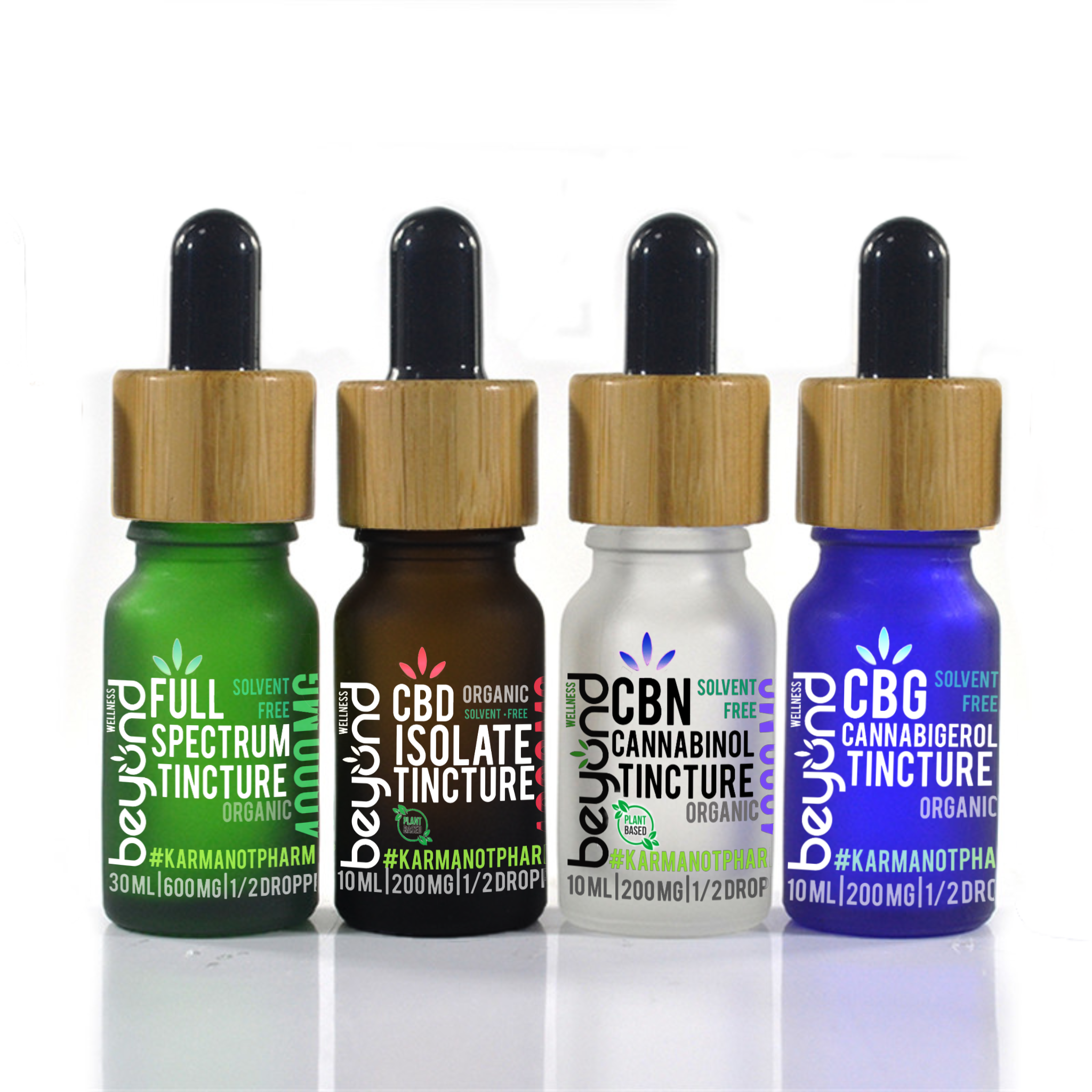News
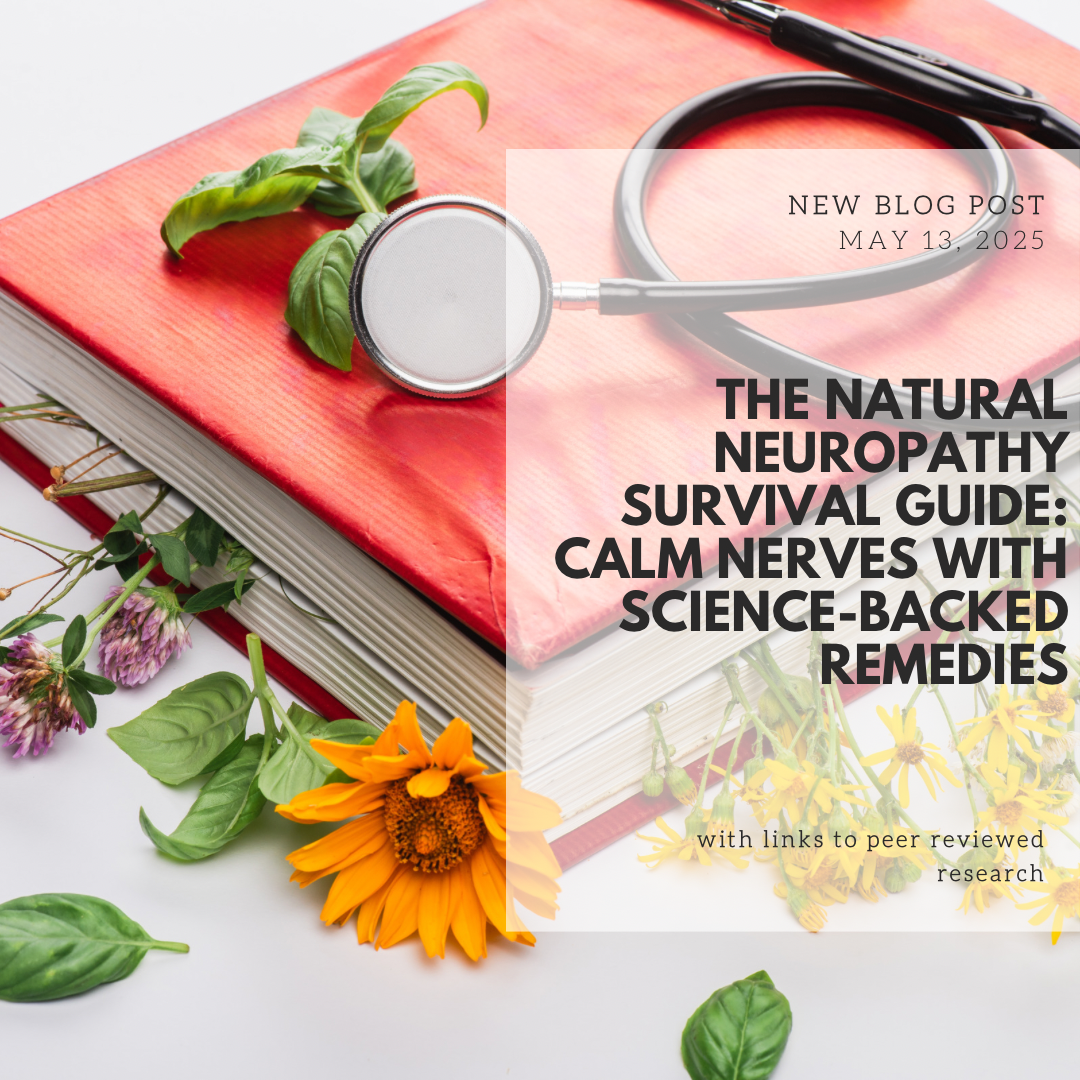
Looking for natural relief from neuropathy or nerve pain? This evidence-based guide explores how cannabinoids like CBD, CBN, and CBG can reduce inflammation and ease chronic nerve pain, supported by peer-reviewed research. Learn how to combine full-spectrum CBD with proven natural remedies like alpha-lipoic acid, arnica, curcumin, and magnesium bath salts to support nerve health and manage neuropathy symptoms naturally. Whether your pain stems from surgery, injury, or chronic conditions, this holistic approach offers safe, effective, and non-toxic solutions for long-term nerve pain relief.

Discover a natural approach to healing bunions with this holistic guide that combines daily CBD and CBG tinctures for inflammation and bone support, castor oil packs to reduce pain, toe spacers for alignment, bunion-specific foot exercises, and barefoot-friendly footwear to restore natural foot function. Backed by emerging research and real-world testimonials, these remedies may help reduce bunion pain, slow progression, and improve mobility—without surgery. Learn how cannabinoids like CBD and CBG support joint and bone health, and explore additional tools like red light therapy, essential oils, and acupuncture for a comprehensive bunion relief plan.
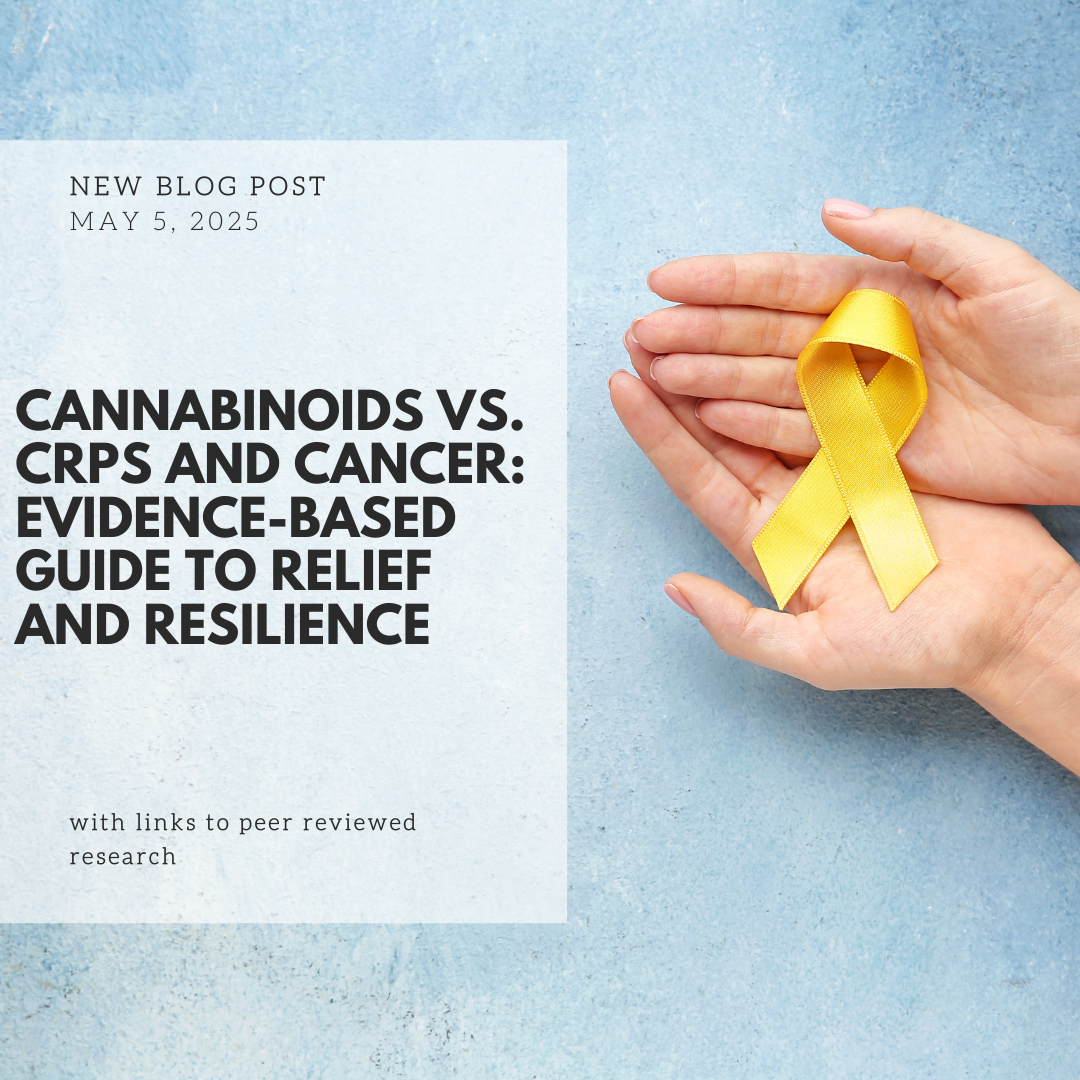
Emerging scientific evidence suggests that cannabinoids such as CBD, CBG, and CBN offer promising therapeutic potential for managing Complex Regional Pain Syndrome (CRPS) and myxofibrosarcoma. CBD has demonstrated anti-inflammatory, analgesic, and anticancer properties, making it valuable for chronic pain and tumor inhibition. CBG shows strong neuroprotective and antiproliferative effects, particularly in neuropathic pain and colorectal cancer models. CBN, primarily recognized for its sedative qualities, has been clinically shown to improve sleep quality without causing next-day fatigue and may also possess cytotoxic effects against cancer cells. While dosing varies, higher levels—such as 200 mg+ of CBD and 20 mg of CBN—are increasingly used in clinical settings. Continued research is essential, but cannabinoids stand as a compelling adjunctive therapy for patients seeking integrative options.

Understanding how your body absorbs cannabinoids like CBD, CBG, CBN, CBC, and THCA is key to unlocking their full potential. Factors like genetics, metabolism, and even your method of consumption impact how well these compounds work. While tinctures absorbed under the tongue boast high bioavailability (up to 75%), edibles lose much of their potency through digestion. High-potency topicals can penetrate all skin layers for long-term anti-inflammatory relief, while inhalation offers fast-acting effects. These cannabinoids interact with key receptors in the body—some of the same ones targeted by pharmaceuticals but without the harsh side effects. Ready to maximize your benefits? Choose the right method, pair it with food, and explore the power of full-spectrum products for optimal results.




